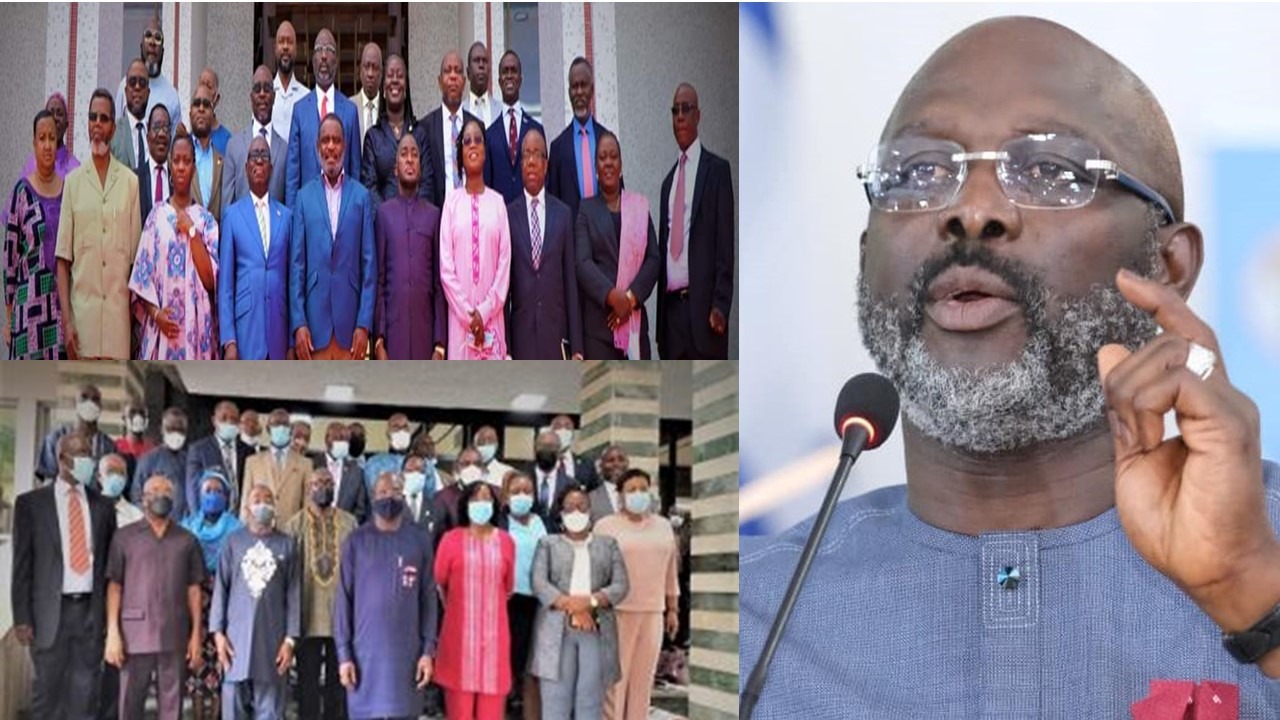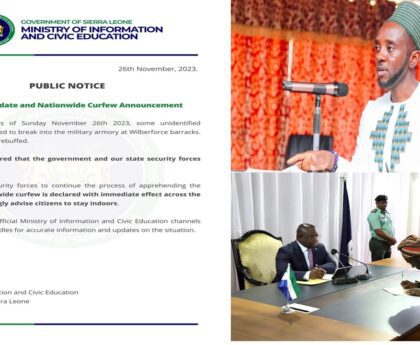In a surprising development, President George Weah has voiced his frustration over what he perceives as careless behavior by government officials toward his re-election campaign. The President, expressing dissatisfaction with the conduct of certain officials, has reportedly threatened to take drastic action, including the possibility of firing several individuals if he secures re-election.
This public declaration by President George Weah sheds light on the internal dynamics within the government and the level of importance attached to loyalty and commitment as the country gears up for another electoral cycle. The President’s concerns about the conduct of officials highlight the significance of unity and cohesion within the government, particularly during a crucial period such as a re-election campaign.
The threat of mass dismissals, if indeed implemented, could have profound implications for the functioning of the government and may signal a significant reshuffling of key positions. This move suggests that President George Weah is keen on ensuring that his second term, if secured, is marked by a team of officials who align closely with his vision and priorities.
The President’s stern warning also underscores the high stakes associated with political loyalty in the context of re-election campaigns. The expectation of unwavering support from government officials reflects the intense competition and pressure that often characterizes political environments during electoral periods.
However, such a declaration raises questions about the balance between political loyalty and the principles of meritocracy and good governance. The threat of dismissals based on perceived disloyalty may be seen as compromising the independence and professionalism of government institutions.
As the country navigates the complexities of electoral politics, it becomes crucial for President George Weah to strike a balance between maintaining a united front and upholding democratic values. The public will be keenly observing how the President’s threat materializes, and the potential reshuffle could significantly impact the trajectory of Liberia’s governance.
In conclusion, President George Weah’s expression of frustration and the threat of dismissals within his government reveal the intricate challenges associated with political loyalty and governance during electoral campaigns. The repercussions of such actions, if carried out, will undoubtedly shape the landscape of Liberia’s leadership in the coming years. As the nation approaches the elections, the call for transparency, accountability, and respect for democratic principles remains paramount.




